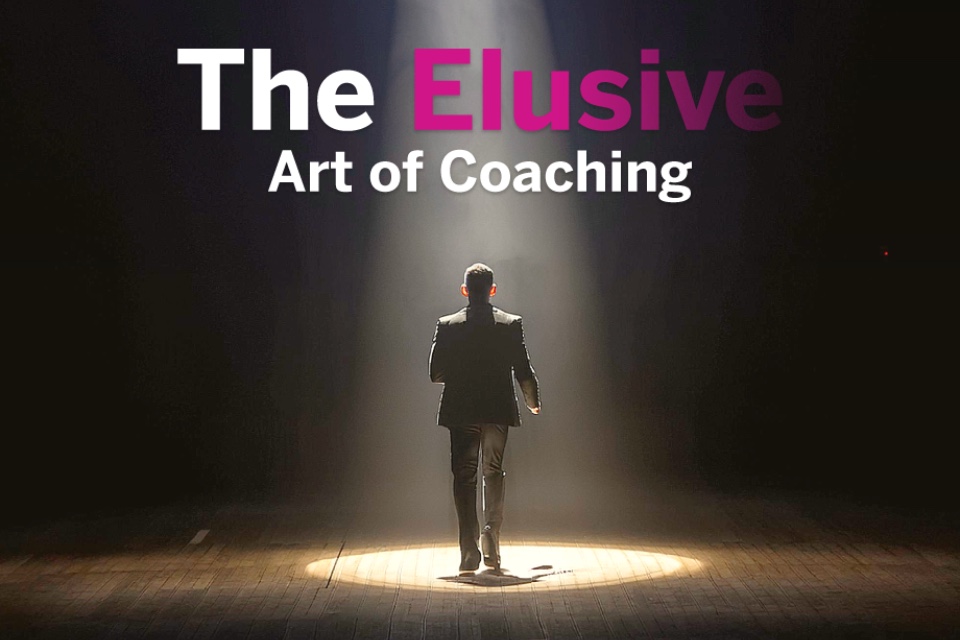By David Prosser, Head of Proposition Development, Towergate Health & Protection
We are living in a unique era with five different generations all in the workforce at the same time and this has led to lots of talk, assumptions and myths about how to handle and communicate with each of the generations in turn.
One of the generations most at risk of becoming disengaged in the workplace is Generation Z who seem to be the least understood by employers.
However, managers can avoid these workers becoming totally disengaged by following a few simple guidelines:
- Don’t assume Gen Z are just like Millennials – they are actually very different and have their own set of values which was shaped by growing up during an economic downturn. They are more likely to save than spend their wages and are the true digital natives
- Don’t guess what they value – Gen Z tend to place much greater importance on diversity/ fluidity and the environment than the Millennials so don’t get this wrong or they will switch off entirely
- Target financial initiatives to them – they are a very financially savvy bunch, having grown up in a downturn, and understand the value of saving money
- Offer them health and wellbeing initiatives – obesity levels have remained static and high, meaning there is still a long way to go with improving fitness, diet and education
What else can HR professionals do to engage with Gen Z?
The best approach HR professionals can take is to use generic information about the differences between the generations as a rough guide for looking after the workforce, but then take the information a step further by developing a clear profile of their own unique workforce make up.
Every workplace has different people, depending on the age of the business, the type of industry and its location, so building up a profile of the company’s own workforce will help much more when HR teams need to develop engagement, communication and wellbeing initiatives.
Whilst generational demographics can provide useful insight into what shaped certain age groups, it is by no means definitive and conclusive and shouldn’t be used as absolute truth. After all, every generation is still made up of unique individuals with their own needs.
Personalised medicine is increasingly important as not every patient with the same condition has the same symptoms or issues and the same approach should be taken within the HR industry.
Not everyone from the same generation has the same beliefs or needs so while demographics provide a broad-brush guidance, the best approach is to tailor communications and engagement initiatives to your own workforce.
For example, when offering employee health and wellbeing benefits, don’t go for a standard one size for everyone, like a free gym membership offer, but develop something which individuals can tailor, such as a health screening programme so they can see for themselves where they need to make improvements.
Gen Z is as much about individuals as any other generation, so don’t fall for the generalised advice and assumptions about what they need, but get to know them as part of your workforce and tailor communications and wellbeing initiatives within the range of the individual needs.
Image by Matan Ray Vizel from Pixabay






